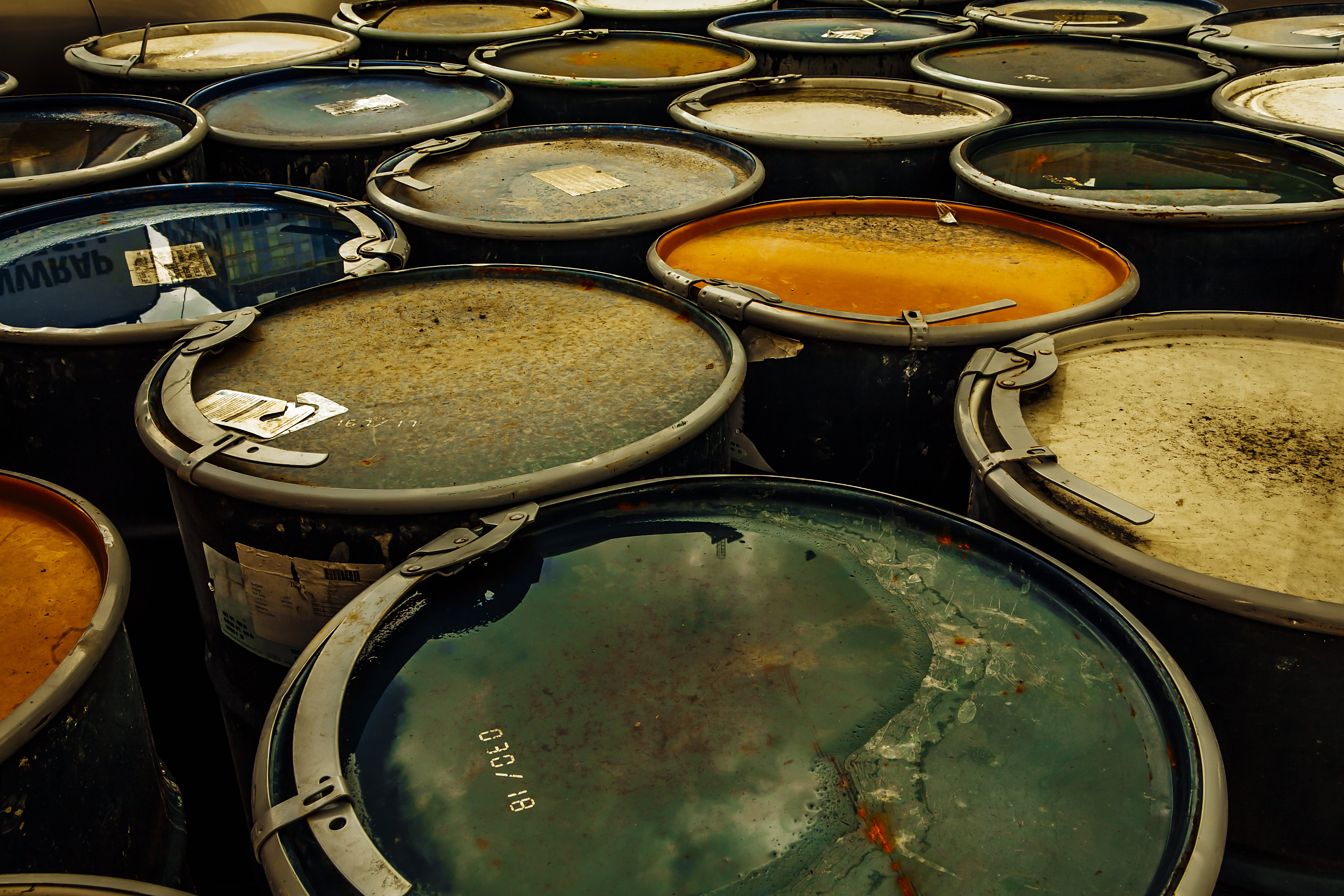OPERATIONS UPDATE: 1/27/26 BWS, Inc. is back to full operations. Please contact us with any questions or concerns about your scheduled pick up - (410) 437-6590 or customercare@bwaste.com
Understanding RCRA Hazardous Waste
Whether you operate a dry cleaning company or you own an auto repair shop, hazardous waste likely plays a role in your daily operations. In the United States, the Resource Conservation and Recovery Act outlines how hazardous waste must be handled, stored, and disposed of. Today we're going to take a look at this act, what it says, and what it means for you.

The Resource Conservation and Recovery Act
Introduced in 1976, the Resource Conservation and Recovery Act was created to address an ever-growing waste problem. The RCRA provided a much needed amendment to the Solid Waste Disposal Act of 1965. The act is enforced by the U.S. Environmental Protection Agency at the federal government level, but many states have their own regulations that are just as strict or even more so. The goals of the act are to “protect human health and the natural environment from the potential hazards of waste disposal”, to conserve energy and associated resources, to make sure that hazardous waste is handled and managed in an “environmentally sound manner”, and to cut down on the overall amount of hazardous waste generated. There are three main categories for what the RCRA handles: Hazardous Waste, Non-Hazardous Waste, and Underground Storage Tanks. If you would like to take a look at some of the identification and listings of hazardous waste from the Code of Federal Regulations, you can click here. The document is quite thorough. Along with regulation, the RCRA also has a program for the rehabilitation and remediation of “superfunds”. A superfund is a word used to describe a highly contaminated site where hazardous waste was mishandled. However, the EPA is dedicated to addressing such places. One of the first and most famous was the Love Canal in Niagra, NY. This site was posing major risks to the environment and the people who lived near it. However, this disaster paved the way for important strides in federal hazardous waste regulation.
What Does This Mean for Your Business?
At the end of the day, RCRA hazardous waste isn't any different from other kinds of hazardous waste. It's simply the method for how it is regulated. However, it's very important for your facility, no matter what kind, to adhere to these regulations. When you dispose of your hazardous waste, your responsibility for its impact doesn't stop when it leaves your facility. Your company is responsible for the waste that you generate from “cradle to grave” and if it is not handled correctly, you will face serious consequences.
BWS, Inc. Is Here to Help with Hazardous Waste
If you have questions about your hazardous waste management, come to BWS, Inc. We have been in the business for a long time and have maintained a flawless level of compliance. Contact us today for more information.
Ready to get started?
We offer a variety of competitively priced service options with no contracts or hidden fees. Request a free quote.
Our Dedication to Providing the Highest Quality Regulated Waste Services
is Shown in What Our Clients Say About Our Work
We provide an outstanding value and service to our regulated waste customers and pride ourselves over the last 50 years on our 100% customer satisfaction with 99% customer retention ratio.
Paul R Miller, D.D.S. and Team
ZytoGen Patient Services
Akbar Masood, D.D.S.
Chris Donaldson
Dharani Jasthi
Tomicka Jackson-George, D.M.D.
Louis Sachs, D.D.S.
Kate Blair English
Dave Ryan
Kerry Owens, Avalon Plastic Surgery
Jamie Fleming, National Spine & Pain Centers
Keith Roberts, Biomatrix Specialty Pharmacy
Mireia Pedragosa Marin, Synergy Research
Rebecca Crouse, Randolph Macon Academy
Melissa C, Patriot Chiropractic
Dr. Rosario Ignacio
Dr. Thomas Lutz, Odenton Family Dentistry
Dr. Louis Sachs, DDS
Eric B.
Brenda Shah
Stay connected - Be the first to know!
Get BWS news and promotions straight to your inbox
Don't worry. We won't sell your information!




